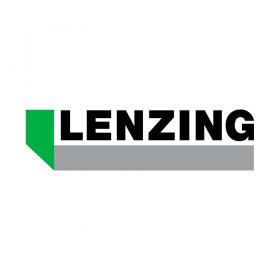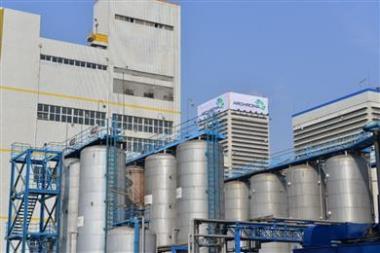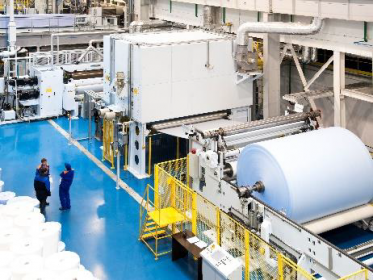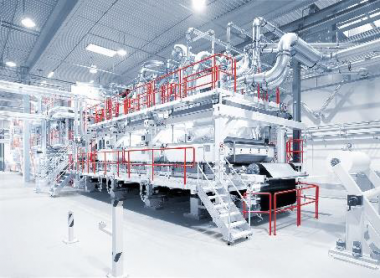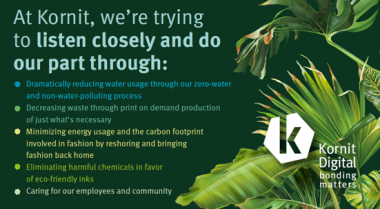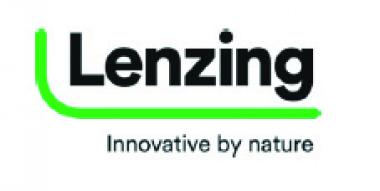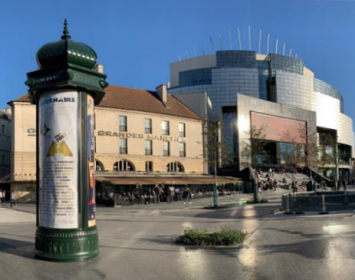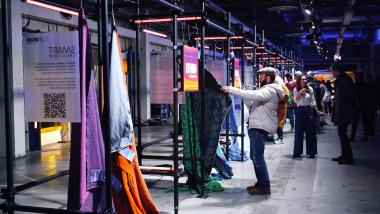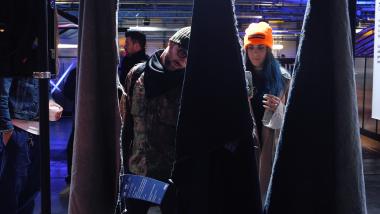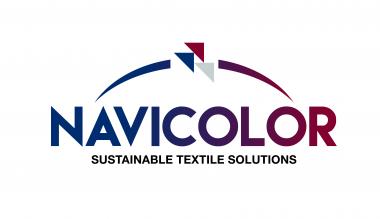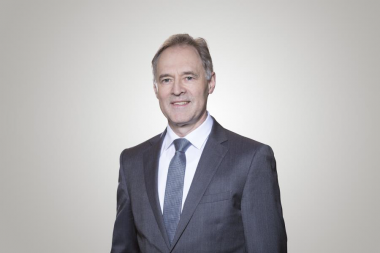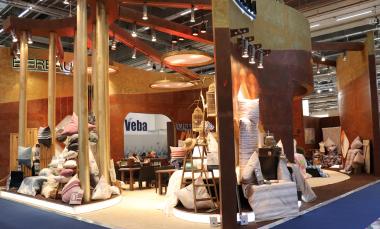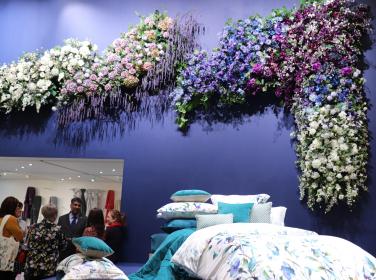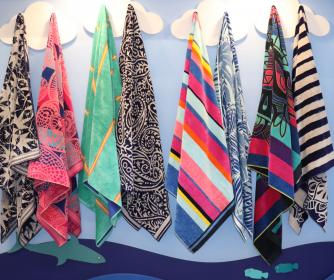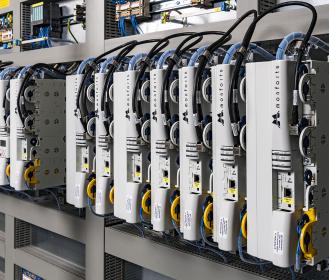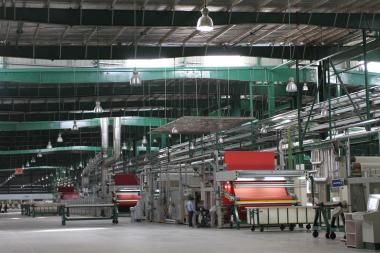ISKO shared R-TWO™ at Drapers Sustainable Fashion Forum
ISKO presented its 100% responsible platform, R-TWO™.
The denim ingredient brand hosted a special panel to discuss some of the advancements in technology that are making the fashion industry more responsible: from R-TWO™ to automated laser technology.
With the fashion industry being considered one of the world’s most polluting businesses-sectors, collaborating and knowledge sharing are key in finding solutions for a better future. Fully aware of this scenario, ISKO was the headline sponsor at The Drapers Sustainable Fashion Forum brings together responsible players to discuss what can be done to tackle the industry’s environmental and social issues through innovation and creativity.
Sharing knowledge, collaborating for change.
As evidence of its Responsible Innovation™ approach, ISKO presented the R-TWO™ program, its latest
responsible achievement. Stemming from the mill’s holistic vision, R-TWO™ represents a great example of how reducing, reusing, and recycling strategies can be implemented in a textile business to improve its environmental performance.
The R-TWO™ reduces the amount of raw material sourced by using a blend of reused cotton and recycled polyester – both certified –, improving sourcing efficiency throughout the entire field-to-fabric production.
Reused cotton is certified with the Content Claim Standard – or CCS – from the Textile Exchange. As for recycled polyester, it can be either Recycled Claim Standard (RCS) or Global Recycled Standard (GRS) certified, depending on the content percentages. Together with this cutting-edge and fully responsible program, ISKO also uses automated laser
technology developed in partnership with Jeanologia.
“How technology can help make the fashion industry more sustainable”:
On March 11th, ISKO hosted a discussion about ways, to make the fashion industry more responsible
The panel was moderated by David Shah, consultant on design and marketing development, Publisher and CEO at Metropolitan Publishing BV and Associate Professor at ARTez (Arnhem, the Netherlands) and Associate Professor at Renmin University, (Beijing, China). The talk involved Keith O’Brien, ISKO Marketing & Business Development Manager, Victoria Soto, Jeanologia Custom Technology Consultant and Filippo Ricci, Fashion Open Studio Program & Partnership Manager.
Menabò Group, Global Press and PR Support






